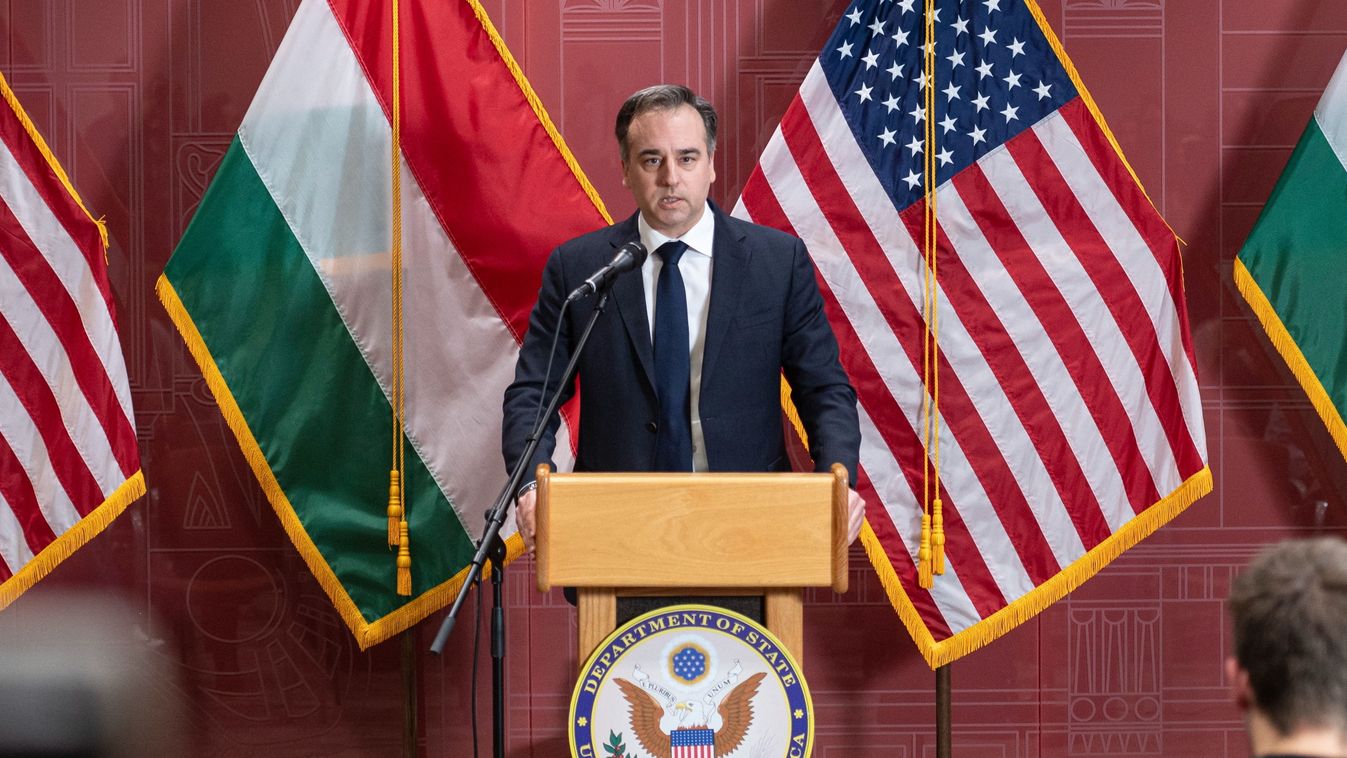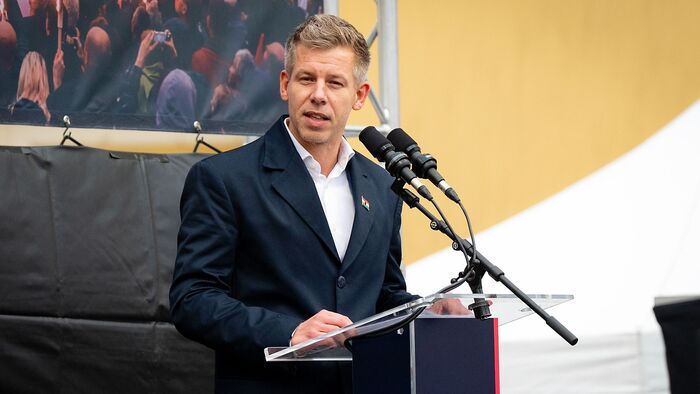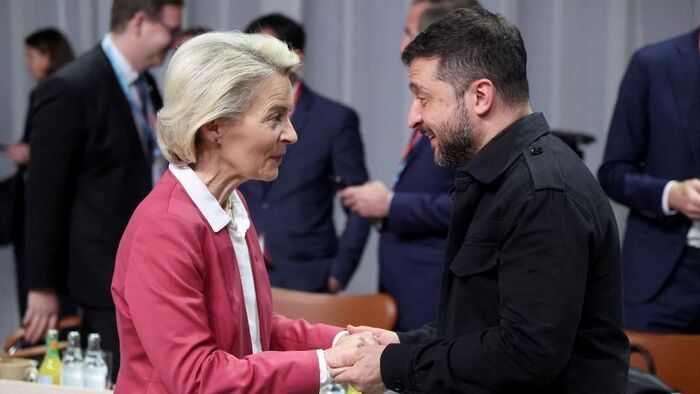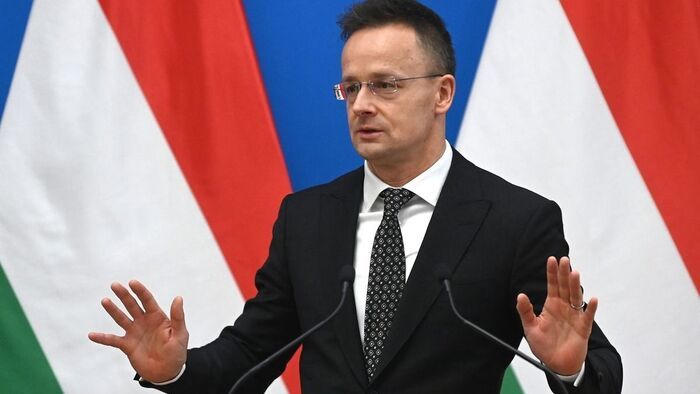Recently, a journalist from a New York publication asked – certainly with hostile intentions – to interview me about my experiences in Hungary. Since then, I have reflected often on these experiences and how Hungary fits into the current global landscape. After reading David Pressman’s recent interview in the New York Times (a different New York publication), I perceived an opportunity to share these reflections in my own words.
On multiple occasions, the former ambassador has asserted that he was an apolitical figure representing the United States, not a single political party. This is particularly offensive to American sensibilities in the context of media issues, where a recalibration toward independent media has been long overdue.
Figures like Pressman are unrepresentative of the American people, but their voices have been artificially amplified. Thus, the idea of foreign media interference in the name of the American people, just as we are casting off the yoke of an “overwhelming media ecosystem” of our own, is rankling.
To this foreign observer and onetime businessman, anti-government Hungarian media outlets like Átlátszó and 444.hu seem a rather profitable undertaking. These media are financially attractive, as evidenced by a safety net of funding from the U.S. State Department and European Union, among others. (Most Americans are unaware their money is used in this way, though this topic is slowly gaining some attention in independent media.) These Hungarian anti-government outlets are also professionally attractive, as their work is widely cited in Western corporate media. Compare the global reach of Átlátszó and 444 to similar outlets in Austria, Slovakia, or Croatia. Journalism is a notoriously volatile profession in the Internet age, but anti-Fidesz journalism surely offers better career prospects than most.























Szóljon hozzá!
Jelenleg csak a hozzászólások egy kis részét látja. Hozzászóláshoz és a további kommentek megtekintéséhez lépjen be, vagy regisztráljon!